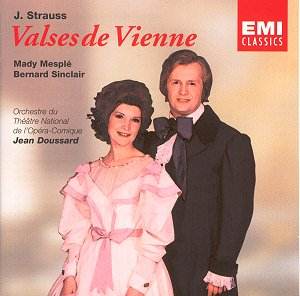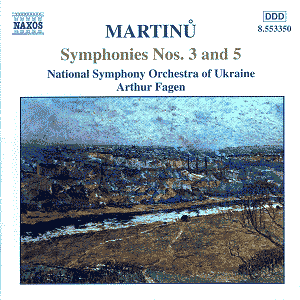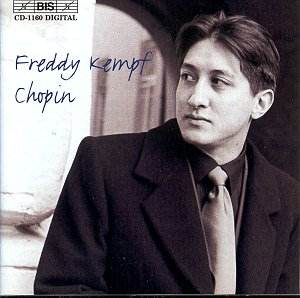 Composer: Robert Simpson
Composer: Robert Simpson
Works: String Quartets Nos. 1-15
Performers: [Details not provided]
Recording: Dunelm Records DRD 0110
Label: Hyperion
Robert Simpson occupies a unique position in the landscape of 20th-century British music, particularly through his string quartets, which span an impressive range of emotional and structural complexity. The release under review serves as an evocative introduction to Simpson’s fifteen quartets, highlighting their historical context and relevance. This collection, meticulously presented by Dunelm Records in collaboration with the Robert Simpson Society, offers not only a compelling listening experience but also a scholarly exploration of these works.
The performance, although specific details about the performers are not provided, benefits from a meticulous approach that reflects the depth of Simpson’s compositional style. The musicians demonstrate a keen understanding of the quartets’ intricate polyphony and dynamic contrasts. Particularly noteworthy is the interpretation of Quartets Nos. 4 to 6, which exhibit strong echoes of Beethoven’s Rasumovsky quartets. The performers navigate the technical demands with finesse, particularly in the third movement of the Fifth Quartet, where the interplay between the instruments reaches a level of dialogue akin to a spirited conversation. Each player’s commitment to articulating the nuances in Simpson’s motifs is palpable, enhancing the overall cohesiveness of the ensemble.
Recording quality is paramount in capturing the subtleties of Simpson’s music, and this release excels in that regard. The clarity of the sound allows listeners to appreciate the quartets’ complex textures without any muddiness, a common pitfall in chamber music recordings. The engineering achieves a balance between the instruments, ensuring that even the most delicate passages are rendered with fidelity. The booklet accompanying the CD, featuring Malcolm Macdonald’s insightful essay, offers a context that enriches the listening experience. Macdonald’s exploration of the quartets as five thematic groups draws attention to their developmental arcs, illuminating Simpson’s individual voice amidst influences from composers like Nielsen and Haydn.
Simpson’s quartets, while less frequently performed than those of Shostakovich or Bartók, stand as significant milestones in the string quartet repertoire. The complexity of their harmonic language and the emotional range they encapsulate invite comparisons not only with the aforementioned composers but also with the broader trajectory of 20th-century music. The release of this compilation seeks to place Simpson’s work alongside more widely recognized quartets, asserting its rightful place in the canon. For example, the expansive harmonic explorations in the Ninth Quartet bear a striking resemblance to the emotional breadth found in Bartók’s works, yet Simpson retains a distinctly British sensibility.
The synthesis of these elements—historical context, performance technique, and sound engineering—coalesces into an argument for the importance of Robert Simpson’s string quartets. This recording is not merely an introduction; it is an invitation to engage with a body of work that deserves greater recognition and appreciation. Listeners who may be unfamiliar with Simpson will find this release to be a compelling entry point, while those already acquainted with his music will appreciate the nuanced performances that bring these quartets to life. The recording is strongly recommended for both seasoned enthusiasts and newcomers to Simpson’s rich musical tapestry.



